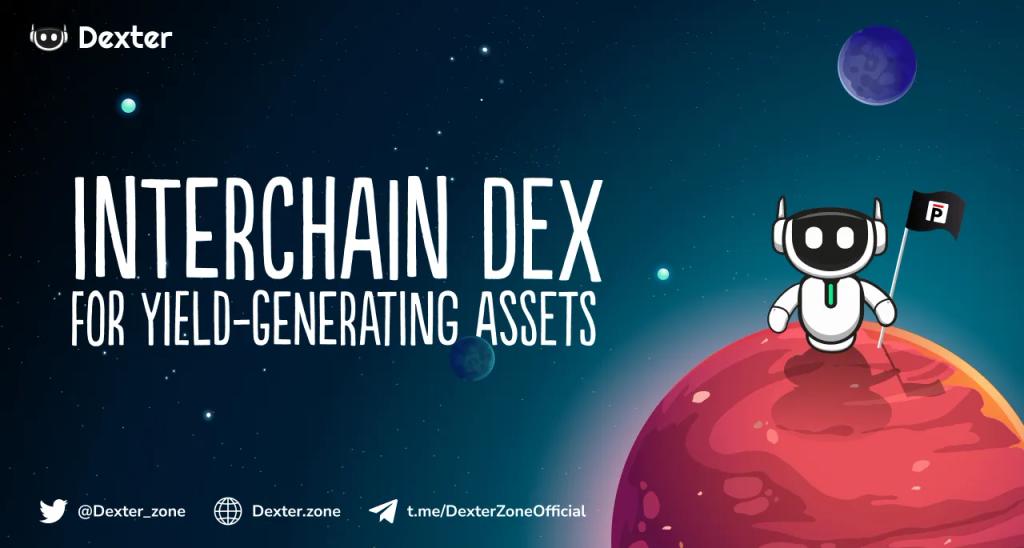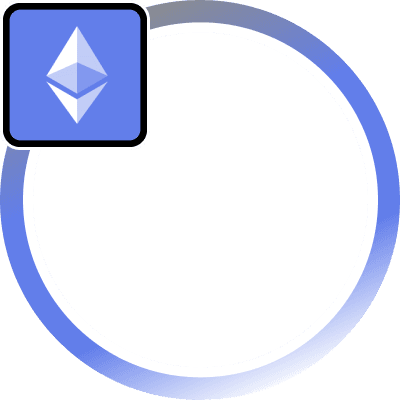Introduction
Lido represents a significant advancement in blockchain technology, offering an innovative approach to staking and liquidity in the decentralized finance (DeFi) ecosystem. This document provides a comprehensive overview of Lido’s functionalities, operations, and recent developments.
What is Lido
Lido is a collection of open-source, peer-to-peer software tools operating on Ethereum, Solana







